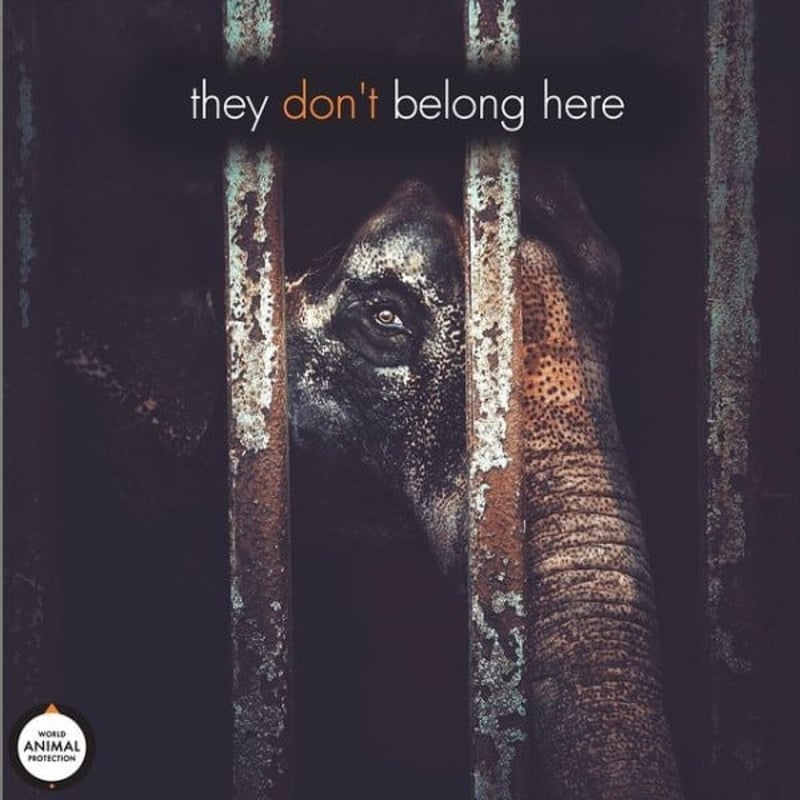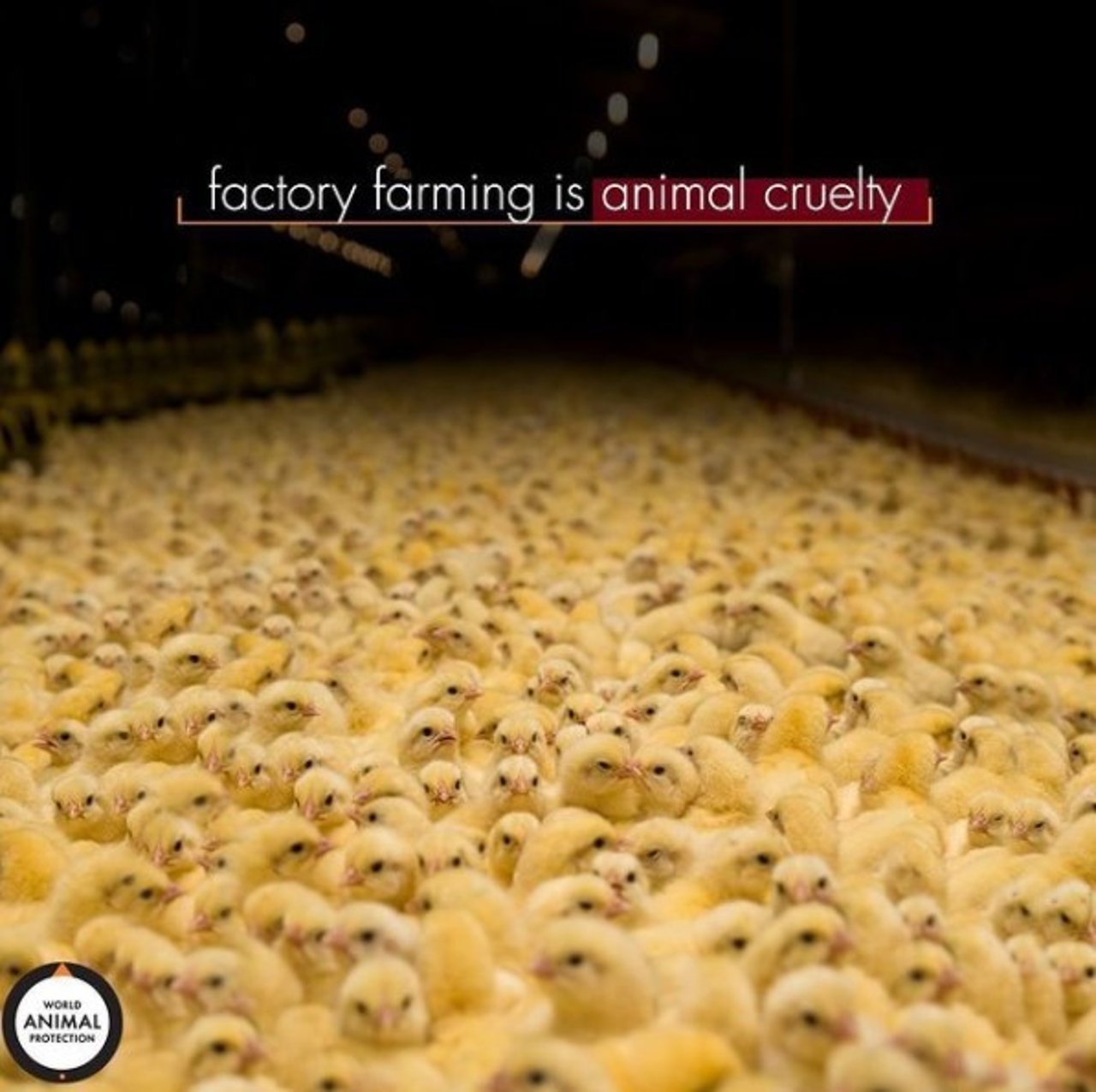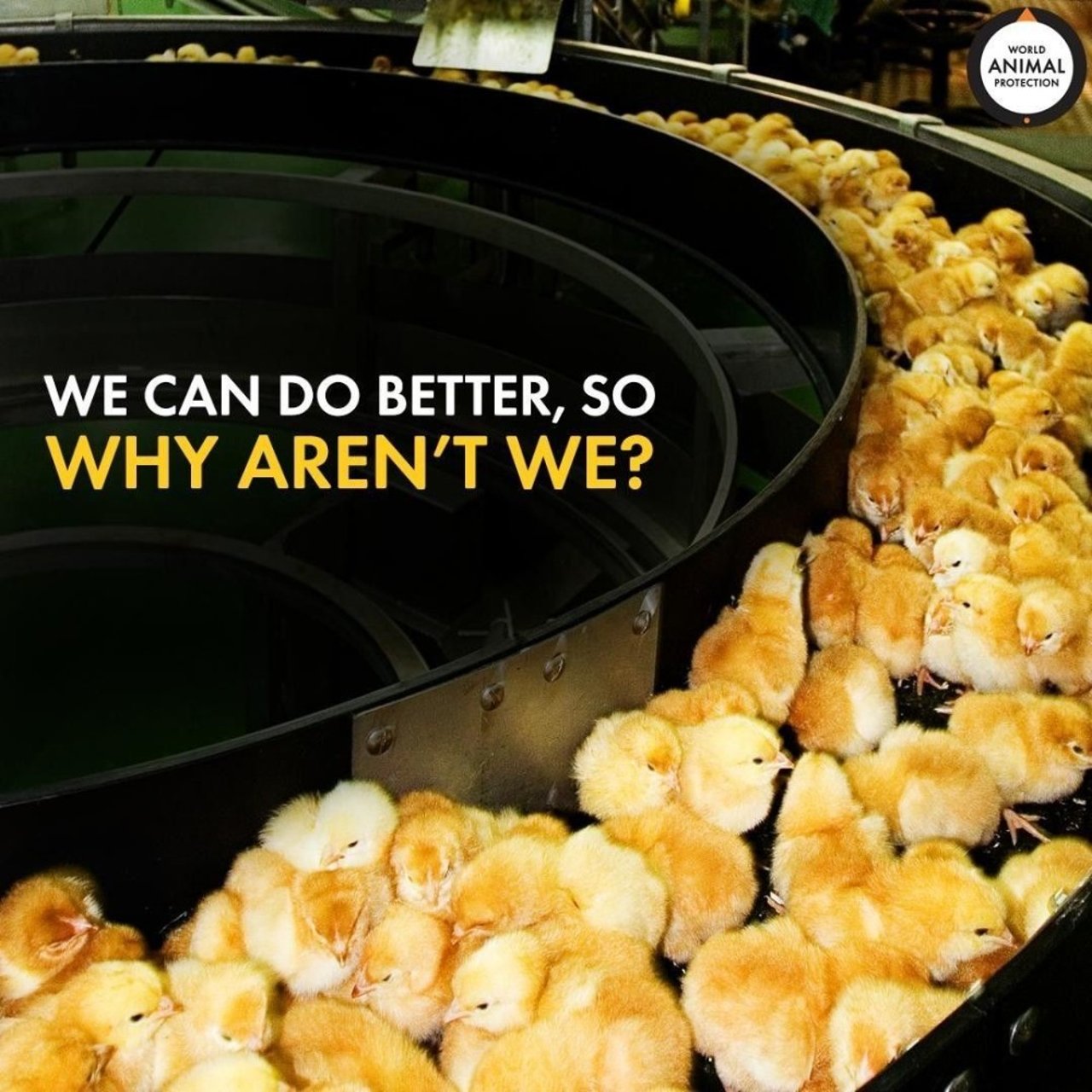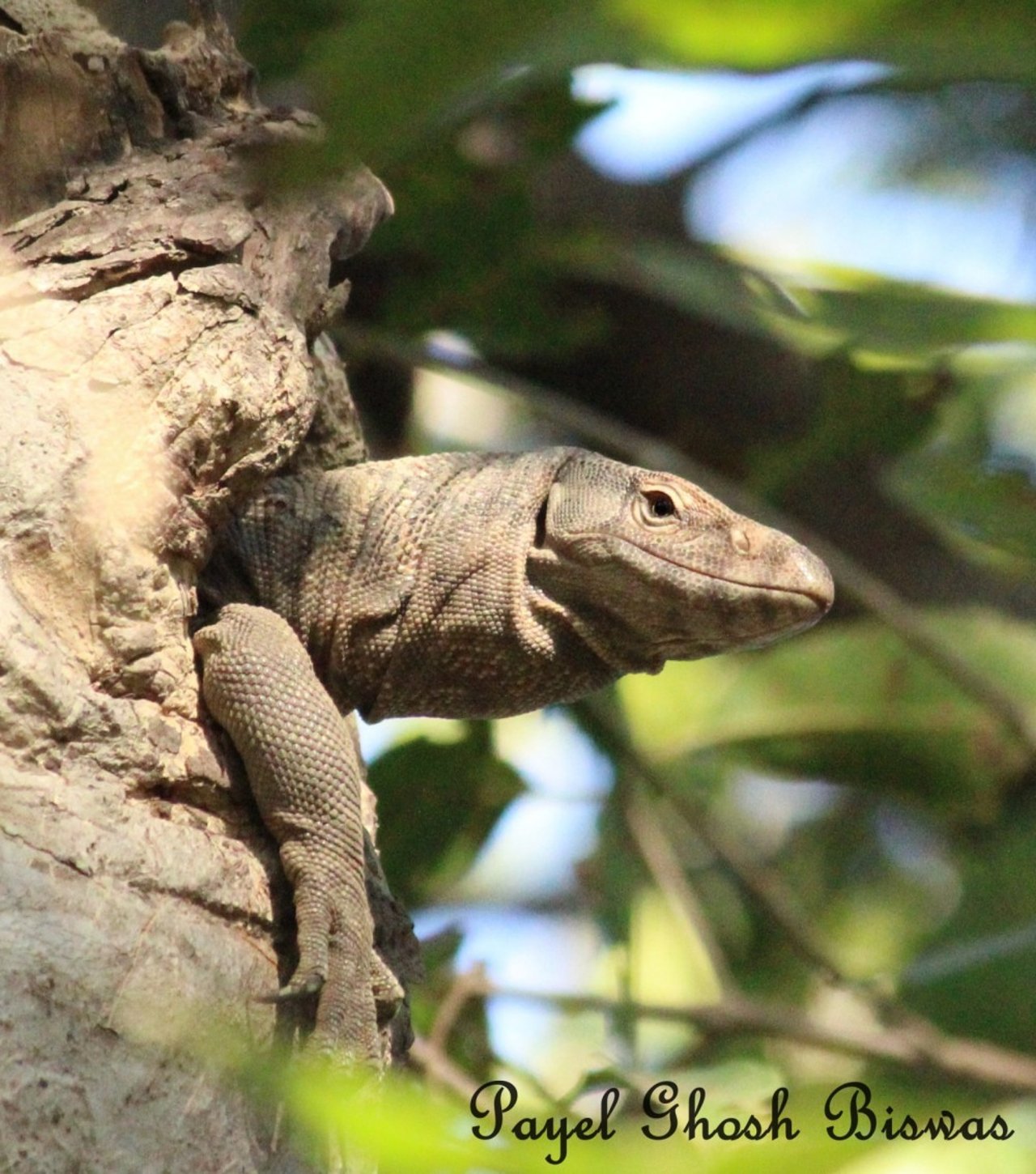
World Animal Protection urges action to prevent pandemics on the occasions of G 20 summit in India and United Nations High Level Meeting On Pandemic Prevention
Blog
On the occasion of the United Nations High-Level Meeting on Pandemic Prevention, Preparedness and Response (PPPR), following the G 20 summit in India in September 2023, World Animal Protection in India has written to the Ministry of Health and Family Welfare and the Ministry of Environment and Forests to take apposite action to ensure proper protection of farm animals and wildlife to prevent pandemics in the future.
World Animal Protection urges action to prevent pandemics on the occasions of G20 summit in India and the United Nations High Level Meeting On Pandemic Prevention
Shubhobroto Ghosh, Wildlife Research Manager, World Animal Protection in India
On the occasion of the United Nations High-Level Meeting on Pandemic Prevention, Preparedness and Response (PPPR), following the G 20 summit in India in September 2023, World Animal Protection in India has written to the Ministry of Health and Family Welfare and the Ministry of Environment and Forests to take apposite action to ensure proper protection of farm animals and wildlife to prevent pandemics in the future.
The following is the text of the letter sent to the Ministry of Health and Family Welfare and the Ministry of Environment and Forests on 4th September 2023:
As an animal welfare non-profit organization, we would like to thank you for your work so far seeking to improve global pandemic prevention, preparedness, and response.
As we near the High-level Meeting on Pandemic Prevention, Preparedness and Response (PPPR), and the discussions continue for the WHO legally binding pandemic instrument (Pandemic Treaty), we remain optimistic about the progress so far. However, there remain gaps – in particular, for primary prevention of pandemic drivers.
Animals play a role in human disease through ongoing transmission, as spillover hosts, and as potential reservoirs for infection and mutation. Over 80% (6 of 7) of WHO declarations of a Public Health Emergency of International Concern (PHEIC) have been diseases of animal origin. Improving animal welfare and restricting animal-human contact is a critical part of preventing pandemics.
Specifically, the global commercial wildlife trade can be a major driver of zoonotic infectious disease emergence, mutation, and spillover. Wildlife trade has been linked to the spread of infections due to inherently poor animal welfare conditions, unnatural proximity between many different animal species, and close animal-human interactions.
In addition, practices associated with intensive agriculture/factory farming, such as habitat destruction and the misuse of antibiotics in farmed animals, are driving zoonotic disease emergence and pathogen spillover as well as contributing to the spread of antimicrobial-resistant (AMR) bacteria.
Monitor Lizards need protection from trade Photograph: Payel Biswas
To effectively prevent pandemics in the future, we urge you to:
- Strengthen the attention to prevention, focusing on primary prevention aimed at drivers of pandemics at the human-animal-environment interface.
- Support the proper application of the One Health approach to preventing pandemics.
- Recognize poor animal welfare as a driver of disease emergence and retain it as part of the strengthened animal disease prevention measures in the Pandemic Treaty.
- Recognize agribusiness, linked to land use change, as a pandemic driver.
- Support transitioning away from, with an aim to end, wildlife trade practices to prevent this route of zoonotic disease emergence, mutation, and transmission; and
- Support transitioning away from, with an aim to end, factory farming via a moratorium on factory farming (not approving new factory farms) while encouraging high animal husbandry and welfare systems on existing farms.
We would be pleased to meet with you to discuss any of these items in more detail. Many thanks.
World Animal Protection
Shubhobroto Ghosh, Wildlife Research Manager, World Animal Protection in India



